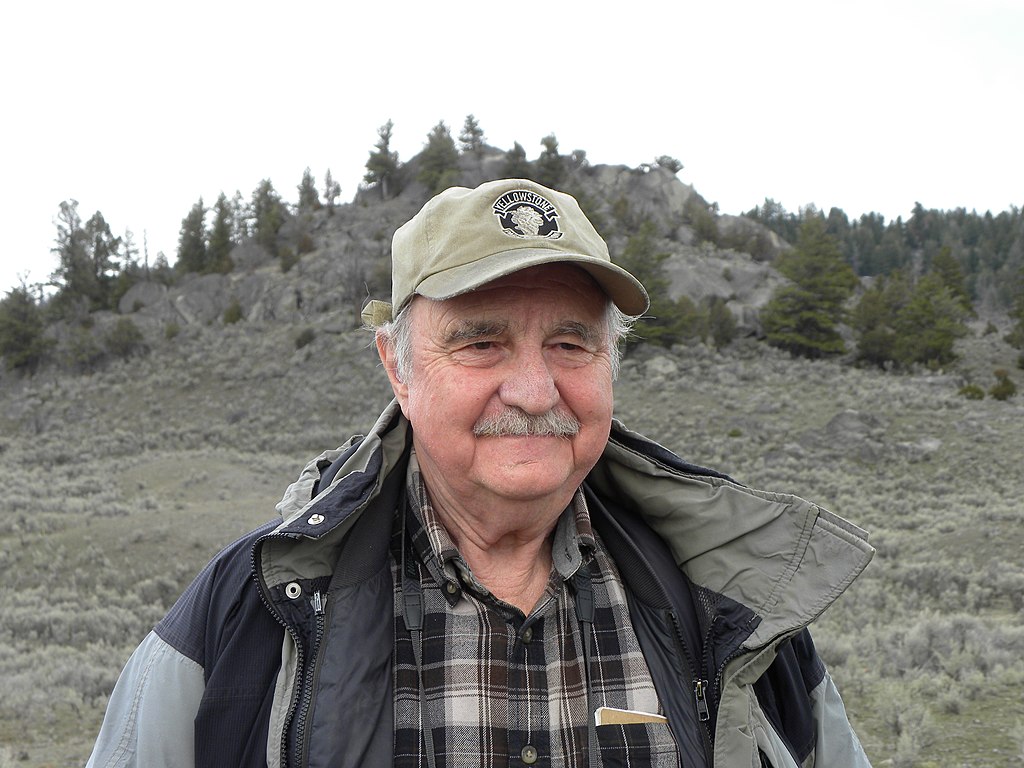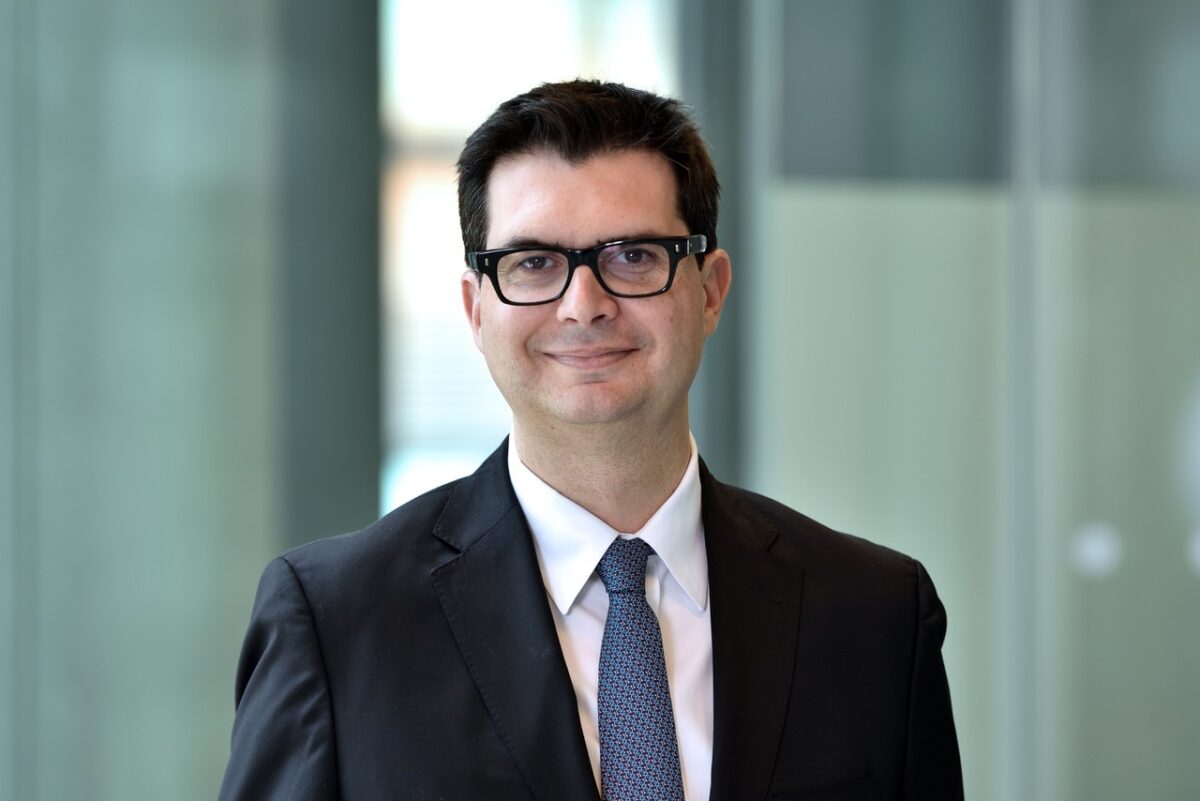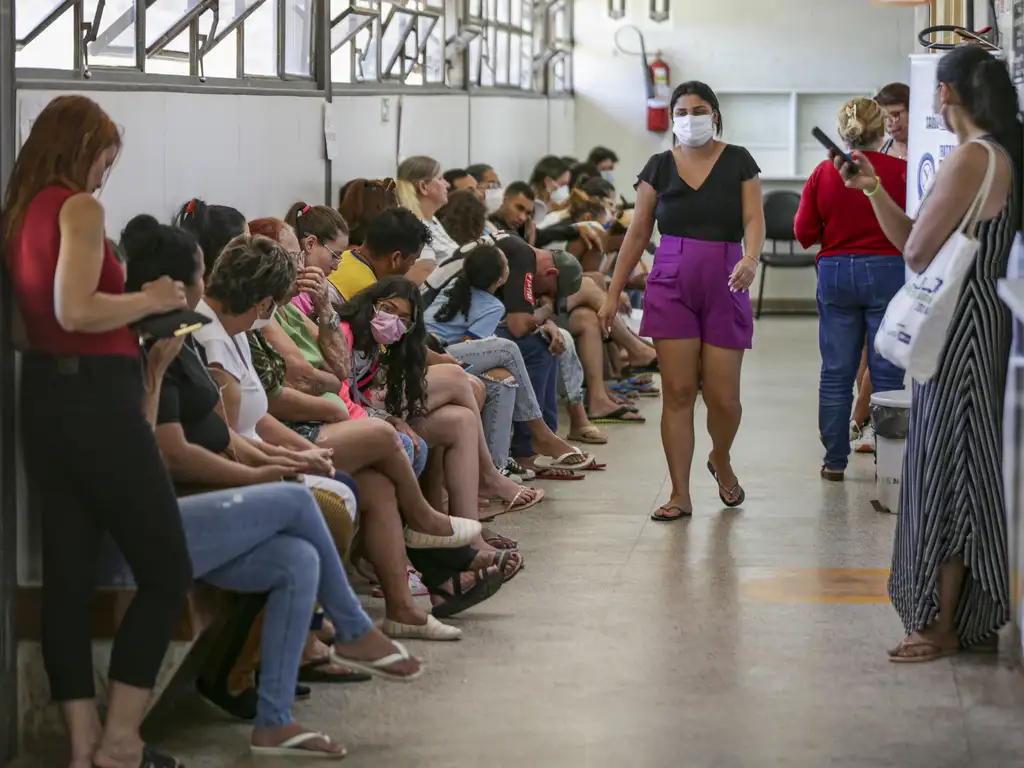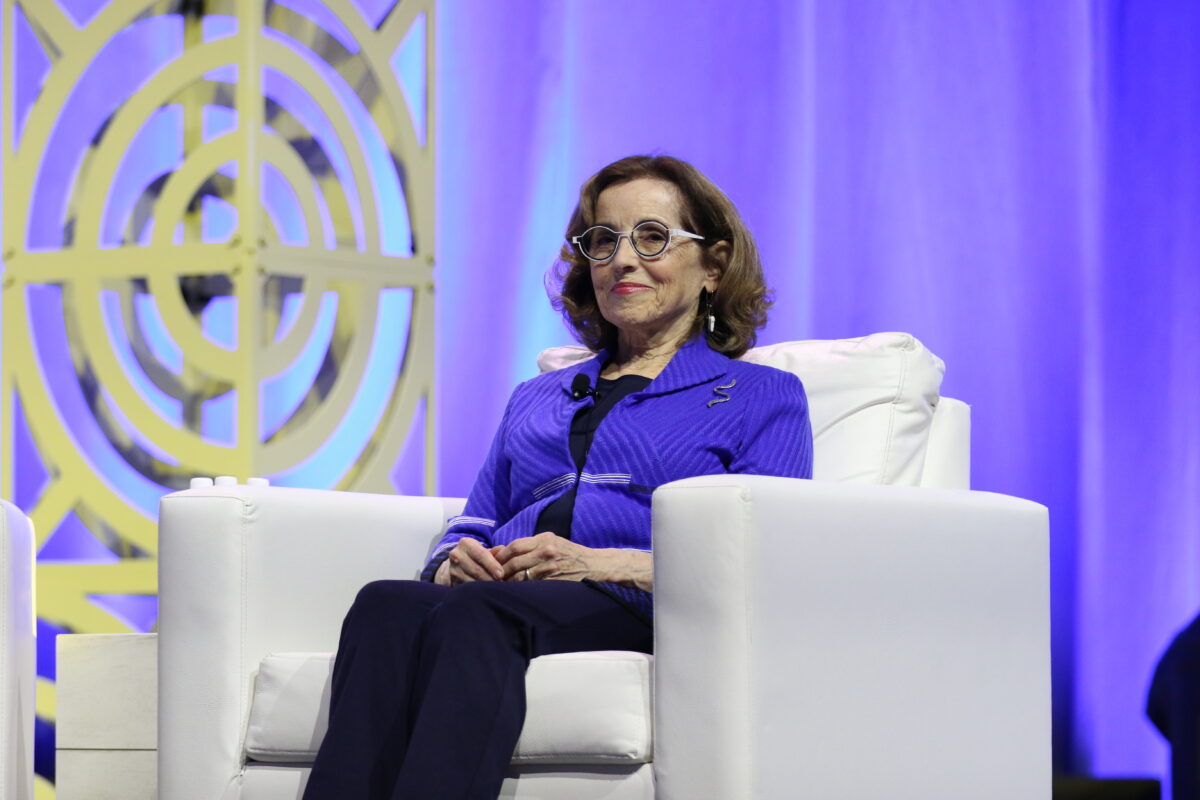 #Interviews
#Interviews
Otavio Berwanger: “We need to increase the efficiency of randomized clinical trials”
Executive director of the George Institute for Global Health UK and chair in Clinical Trials at Imperial College London advocates for more efficient, innovative, and representative clinical trials based on pragmatic designs, digital technology, AI applications, routinely collected data, and patient and public involvement participation
 Cardiologist and clinical trialist Otavio Berwanger: "I think it's important to have two parallel careers or a hobby, something that expands your horizon" | Image: Personal Archive
Cardiologist and clinical trialist Otavio Berwanger: "I think it's important to have two parallel careers or a hobby, something that expands your horizon" | Image: Personal Archive
Despite being crucial to the advancement of medicine, randomized clinical trials still have drawbacks, including long completion times, higher than expected costs and lack of diversity. To face these challenges, cardiologist and clinical trialist Otavio Berwanger leads large-scale global initiatives seeking to make studies more inclusive, efficient, and scientifically relevant.
A Chair in Clinical Trials at Imperial College London, UK, Berwanger was appointed Executive Director of the George Institute for Global Health UK in November 2022. The institute specializes in large-scale randomized clinical trials, as well as other types of research.
It collaborates with more than 50 countries, including Brazil, to address various health issues, including cardiometabolic diseases, stroke, chronic kidney disease, ICU research, respiratory diseases, and women’s health.
Before moving to London, Berwanger led the development of Brazil’s first and largest Academic Research Organization (ARO) at Hospital Israelita Albert Einstein from 2017 to 2022.
The ARO coordinates high-impact multicenter clinical trials nationwide and overseas, providing support in areas such as academic leadership, center and data management, statistical analysis, and publication of results.
The researcher, who plays guitar in his spare time, took his collection of 25 vintage instruments (including Gibson and Fender guitars from the 1950s and 1960s) with him to England.
In an interview with Science Arena, Berwanger spoke about the evolution of clinical trials and how he balances music and work.
Science Arena – How did you learn to design clinical trials?
Since the topic was not covered in detail during medical school, I learned by studying it in my spare time and then I started working in the field after I became a cardiologist. Practical clinical experience helped me when designing high-impact trials in this area.
What are currently the biggest problems with clinical trials?
One issue is that sample sizes are often too small to produce reliable results. Depending on the research question, a trial might need between 10,000 and 25,000 participants. Another problem is the lack of diversity. Most trial participants—as much as 70%—are white males, and very few elderly people are included. I would also highlight the high costs and execution times, which result from excessive and unnecessary operational complexity.
Why is this the case?
Trials are generally limited to highly qualified hospitals or research centers in developed countries, mostly attracting high income Caucasian white participants. Women are often underrepresented because researchers are usually concerned about the effects of treatment on fertility and pregnancy which, in some cases, could be unjustified.
Even in developed countries, travelling to trial sites can be challenging for those who live far away and elderly patients do not always have someone to accompany them. Moreover, most patients are unaware of opportunities to join these studies.
All these factors greatly restrict trial access, which could impact trial representativeness and external validity. Furthermore, many trials involve overly complex participant recruitment and follow-up processes, which is something that needs to be urgently reviewed.
How does the George Institute for Global Health try to overcome these challenges?
We recently created the Innovative Clinical Trials Hub, which aims to transform the way we deliver clinical trials. We are focusing on elements such as pragmatic study designs embedded in clinical practice, use of routinely collected data, decentralized models, AI applications, and patient and public involvement in study design and conduct.
All this is done in perfect alignment with requirements from regulators and research ethics committees, and health authorities. For example, routinely collected data from thousands of people can be used safely and without compromising privacy and confidentiality rules for rapid and efficient screening and recruitment of large sample sizes in randomized clinical trials.
These data can also prevent unnecessary visits and procedures. It is also essential to use pragmatic research models that focus on absolutely essential data.
On top of this, people can participate remotely. Depending on the study, we can send medications to people by mail, use online questionnaires, telemedicine consultations, and automated devices for submitting data.
Only complex procedures are carried out at the center, which really accelerates the entire operational process of a trial.
We seek to involve patients in the study design, asking them what they expect from the results. The aim of the trial should be to help the patient, so understanding their expectations is essential.

How can Artificial Intelligence speed up research?
By performing automated tasks, such as clinical events classification, a process known as outcome adjudication (to uniformly determine the cause of any deaths or hospitalizations, for example).
Traditionally, data on deaths and hospitalizations are sent to an independent committee of experts, who analyze the data based on symptoms recorded in medical records and other patient information collected for the research.
It is a time-consuming and costly process. Since the evaluation criteria are standardized, an algorithm can describe deaths more efficiently and cheaply.
We also seek to innovate in our use of study outcomes and statistical methods. For example, we have conducted adaptive platform trials that can test multiple interventions simultaneously, which can enable early identification of interventions that are more likely to benefit patients.
Are governments investing in these types of platforms?
The US Food and Drug Administration (FDA), the European Medicines Agency (EMA), the Medicines and Healthcare products Regulatory (MHRA) here in the UK, and Brazil’s National Health Regulatory Agency (ANVISA) have published innovative guidelines for decentralized trials using real-world data. With these, we will be prepared to test new vaccines and drugs in the event of future pandemics.
In Brazil, the COVID-19 Brazil Coalition conducted randomized clinical trials with thousands of participants at dozens of centers nationwide and developed vaccines in a very short period of time. That is an example that should be followed and expanded.
The country has great potential for high-quality clinical studies due to the ethnic diversity of its population and its talented scientists. The biggest difficulty is the collaboration between research groups and institutions, but we are moving in the right direction thanks to global collaborative studies.
What was the outcome of the ARO that you helped create at Hospital Israelita Albert Einstein?
We conducted high-impact studies with domestic and international collaborations on cardiovascular diseases and published more than 80 articles in high-impact journals, including The Lancet, The New England Journal of Medicine, and the Journal of the American Medical Association (JAMA).
The experience helped me develop the skills needed to take on the role of executive director at the George Institute for Global Health UK, this time with a global and larger-scale focus.
How do you reconcile research and music?
They are my two great passions. A methodical approach is as important in research as it is in music theory. In musical improvisation, the idea is to create something new, just as it is important to innovate in clinical trials.
Einstein played the violin when he had a complex equation to solve. On a scale of complexity infinitely smaller than his and within my own limitations, I also try to do the same with the guitar when I reach an impasse while preparing classes or when I get stuck writing an article.
Then, the ideas take off. I think it’s important to have two parallel careers or a hobby, something that expands your horizon.
*
This article may be republished online under the CC-BY-NC-ND Creative Commons license.
The text must not be edited and the author(s) and source (Science Arena) must be credited.


